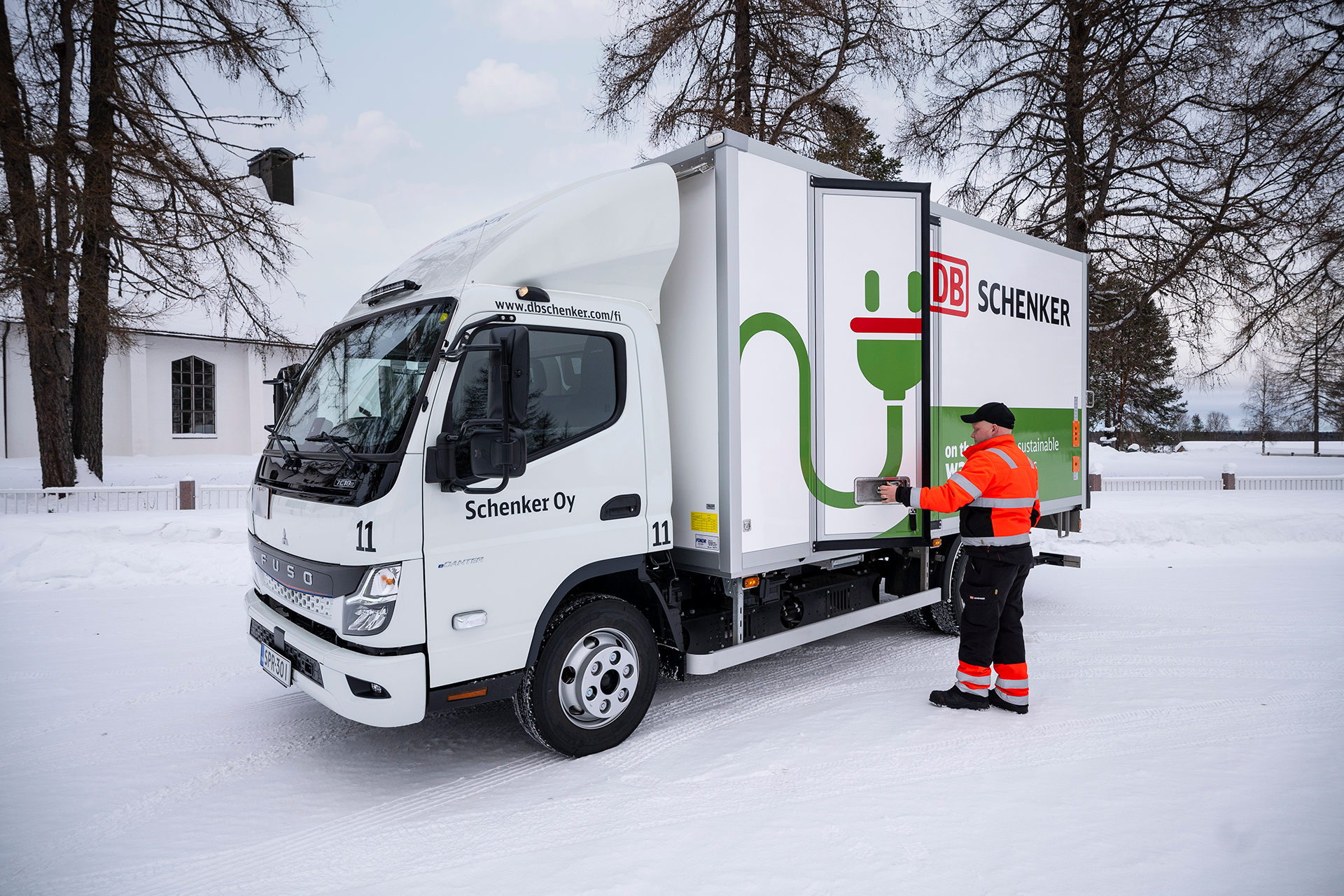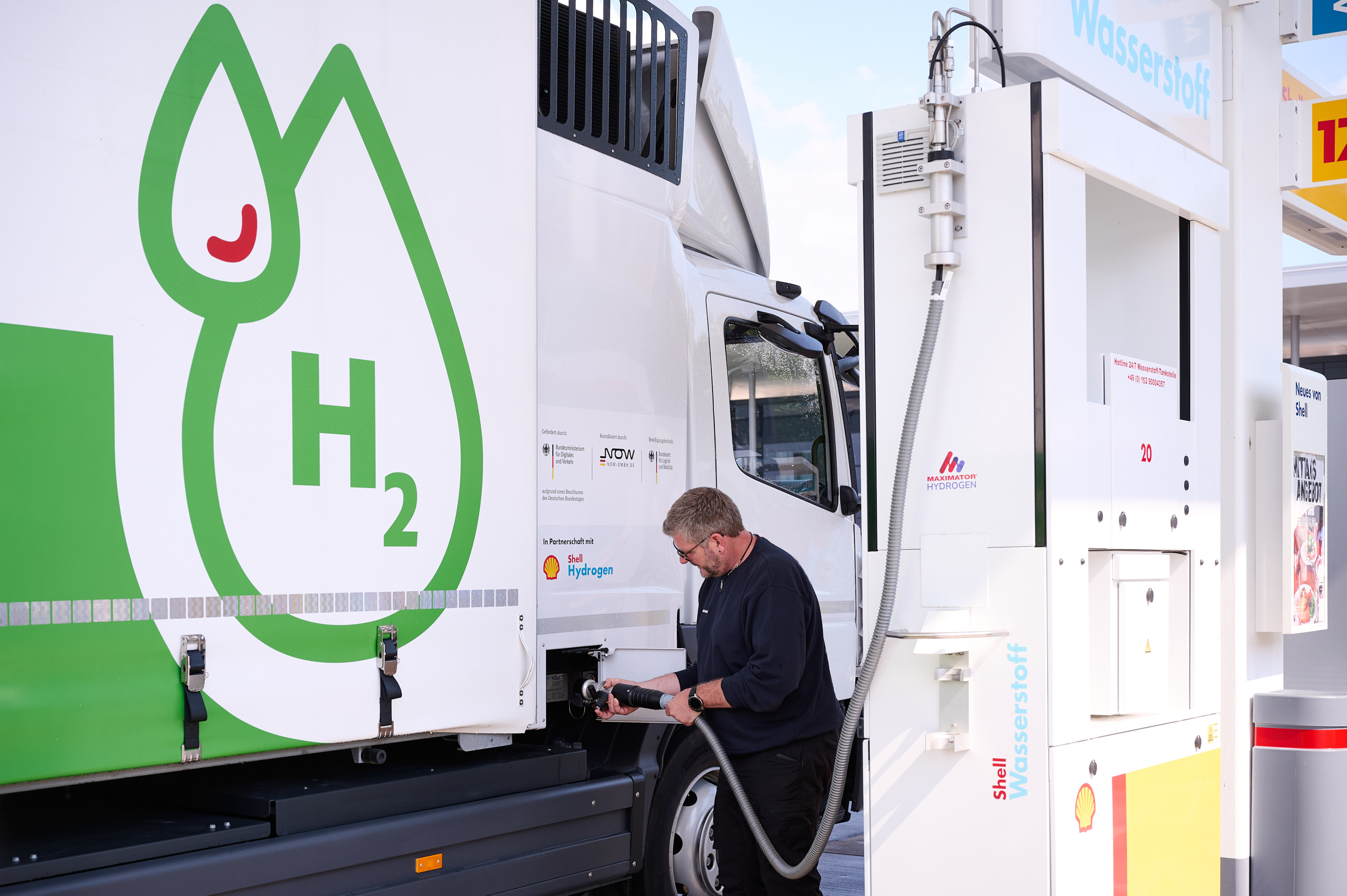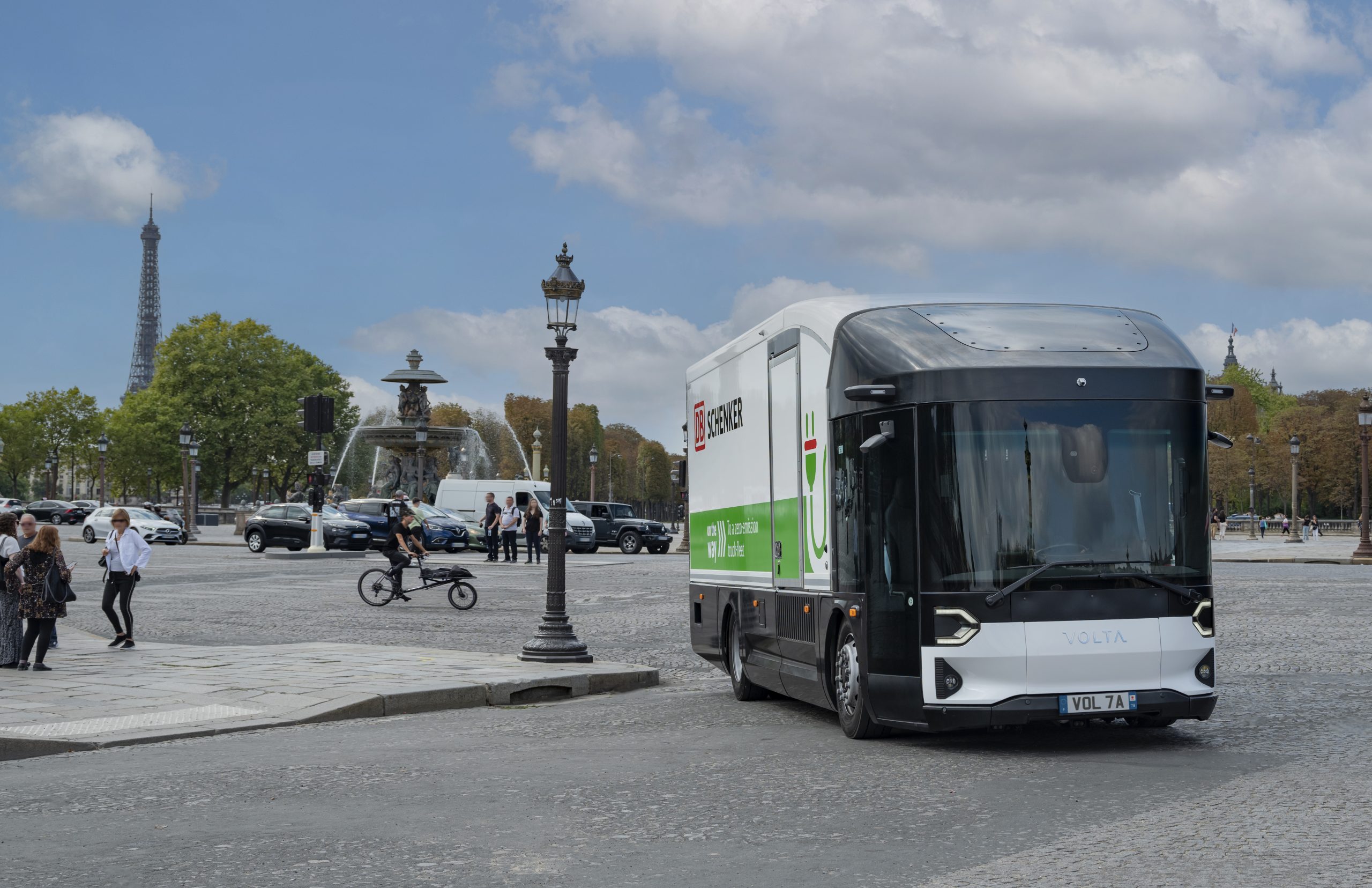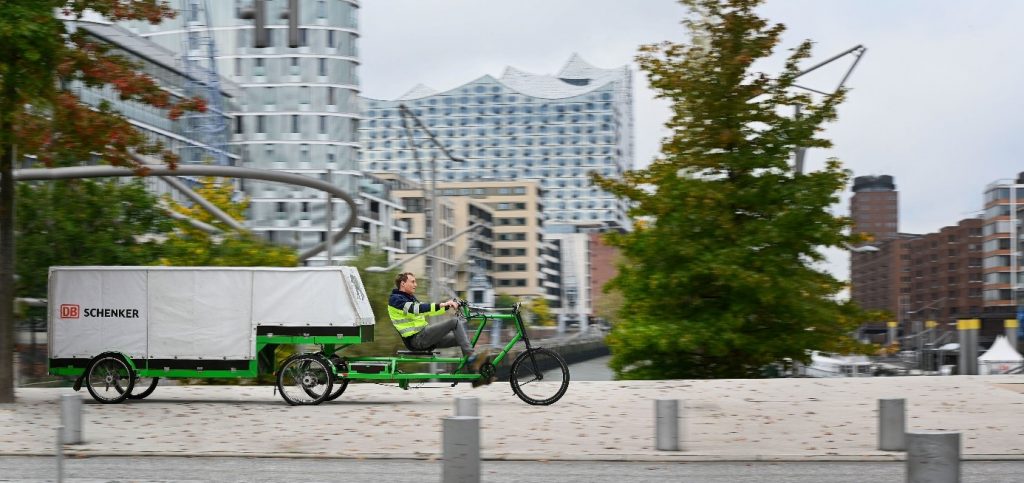
What the drivers of the XXL cargo bikes do on behalf of DB Schenker, others do at the gym. The ergonomic seat provides a stable back support so that the trunk supports the work of the thighs. “It’s like doing the leg press in the weight room,” flatters Christian Rusche. “Except that in this case an electric motor helps and everything takes place outdoors.” He and his employees clearly enjoy stepping on the pedals for sustainable city logistics.
500 kilograms load weight
The founder and managing director of Cargo Cycle has specialized in the development and construction of such vehicles. But not all cargo bikes are the same. The six and a half meter long megaliner turns its rounds as a unique specimen (see info box). The XXL bike has been driving through the Hanseatic city for the DB Schenker Hamburg office since 2019 and has now covered almost 4,000 kilometers. It attracts astonished looks from passers-by and triggers the reflexive grip for the smartphone. A quick photo of this pedelec counterpart to the stretch limousine. Without the bride and groom in the back, but loaded with three euro pallets that weigh up to 500 kilograms. Half a ton by bike!
“With a turning circle of 2.70 meters, the wheel is extremely manoeuvrable. We can go anywhere with it.”
The main location is in the dense traffic between St. Pauli and Hafen City. It’s about the delivery of general cargo in the inner city area: food, clothing, drugstore items and whatever else you need. The recipients are retailers and offices, craft businesses and individuals.
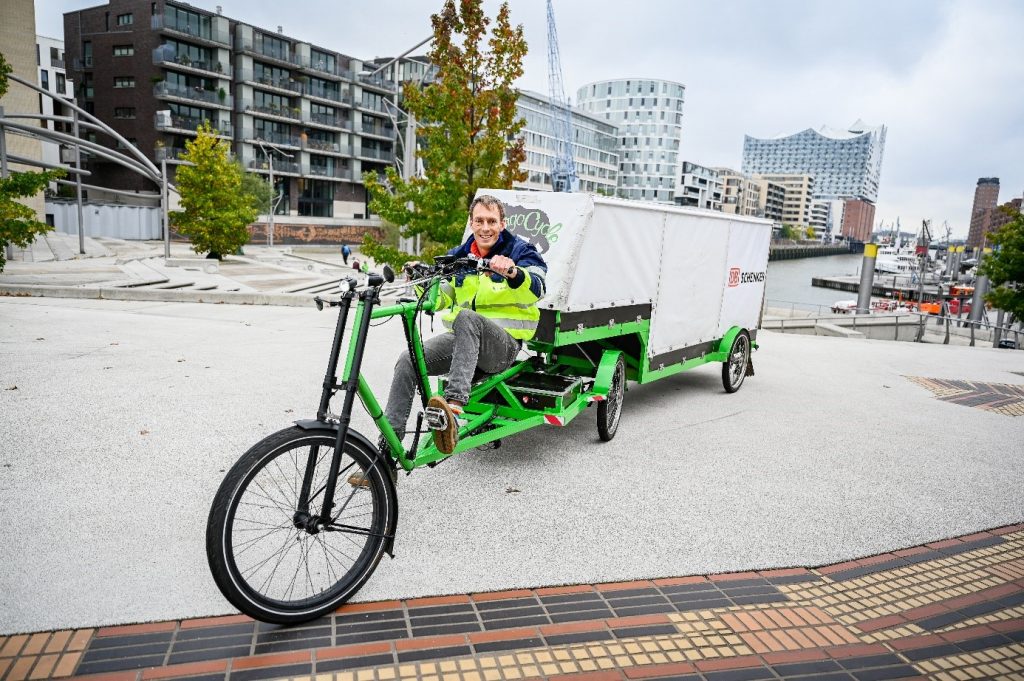
The difficult last mile
All goods come to the warehouse in Wilhelmsburg in the south of the city via DB Schenker’s international network. Compared to the entire transport route – often across Europe – it is only a stone’s throw from there to the addressee in the center. The logistician speaks of the last mile. But it is tough and presents an enormous challenge. Because it runs through the business, leisure and shopping traffic of the metropolis.
A bike like any other
Day after day, countless conventional vans torment their way through the city’s bottleneck together with cars and buses in the cumbersome stop and go. Cargo bikes – even in the maxi version – have it easier. In terms of their name and nature, they are bicycles and therefore enjoy more freedom of movement than highly motorized means of transport. They use the bike path. And as long as it is “bike free”, they are everywhere in pedestrian zones and traffic-calmed sections. With a width of 1.04 meters, the XXL cargo bike can easily wind its way between bollards, the standardized spacing of which in Hamburg is 1.15 meters. All of this creates flexibility and time savings in delivery. “We’re not talking about handy packages, as is the case with conventional cargo bikes,” emphasizes Gert Ludt, DB Schenker branch manager in Hamburg. “We are talking about palletized individual shipments that weigh up to 120 kilograms.”
Green sections of the supply chain
The cargo bike is loaded close to the center in Altona. Every day a vehicle brings the goods there from Hamburg-Wilhelmsburg. Soon an electric truck will take over this transport.
Then the last two sections of the supply chain are green: from the terminal to the bike and by bike to the recipient. “Our company invests in emission-free logistics,” says Ludt. “That means less CO2, less noise and yet fast and reliable delivery of all kinds of goods.”
The bicycle concept is well received. Two more of the XXL model are currently being built. There are even some technical upgrades planned. One stays in the Hanseatic city, the other goes to the Regensburg office.
DB Schenker plans to use five cargo bikes in Hamburg by 2025. The company’s global goals include sustainable transport concepts for inner cities. DB Schenker has also committed itself to this in Hamburg. “With cargo bikes,” says Ludt, “we are well on the way to urban logistics that translates the idea of sustainability into real processes.”
Source: DB Schenker Germany /Read this article in German

